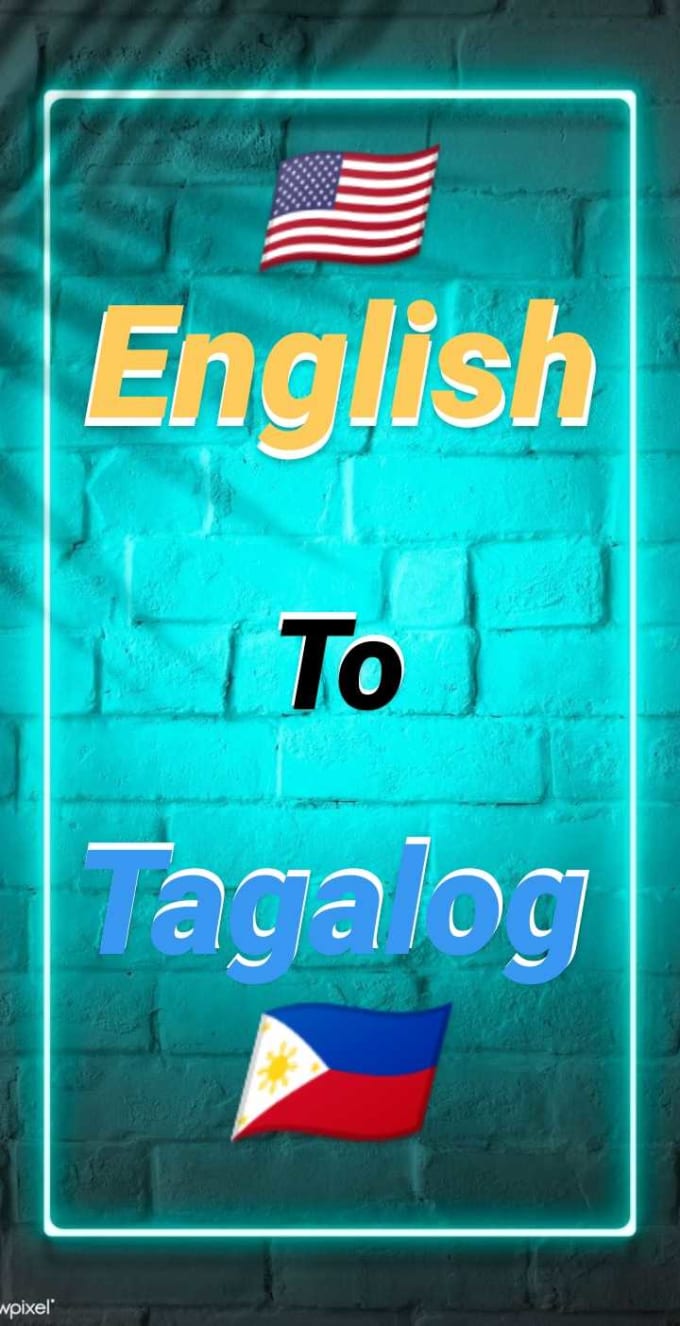


From Malay Sri Vijaya ( “ Sri Vijaya ” ), from Sanskrit श्री विजय ( śrī vijayá ).Possibly related to Sanskrit विषय ( viṣaya, “ kingdom dominion region territory domain realm ” ), according to Potet (2016). Cebuano, as a name of the language, is almost only used in English.įurthermore, other similar languages under the Visayan language continuum refers their language also as Bisaya or Binisaya, but in most instances they call their own language in their exonym to avoid confusion.īorrowed from Cebuano Bisaya, of uncertain origin, possibly Sanskrit. In Cebu, and in media, the language is called Sinugboanon. Speakers outside Cebu may refuse to call the language Cebuano since the language is also used in other parts of the Visayas and Mindanao. Most speakers of the language, while speaking in Cebuano, would usually call the language as Bisaya or Binisaya. Cebuano ( language ) ( see usage notes ).In the regions in the Visayas where they are native to ( Panay and Negros, and Samar and Leyte), "Bisaya" usually denotes a Cebuano speaker.įilipino ang mga Bisaya. Hiligaynon/ Ilonggo and Waray are also considered Visayans, and also call their respective languages "Bisaya" in addition to autonyms, but they would prefer being called by their respective ethnonyms instead. People who speak a Visayan language, but is not ethnically Visayan or from the Visayas region, such as the natives of Masbate or southern Sorsogon, do not consider themselves Visayan. In the sense of " Visayan person", often denotes a person who is ethnically Cebuano in addition to the peoples of the Visayas in general.


 0 kommentar(er)
0 kommentar(er)
